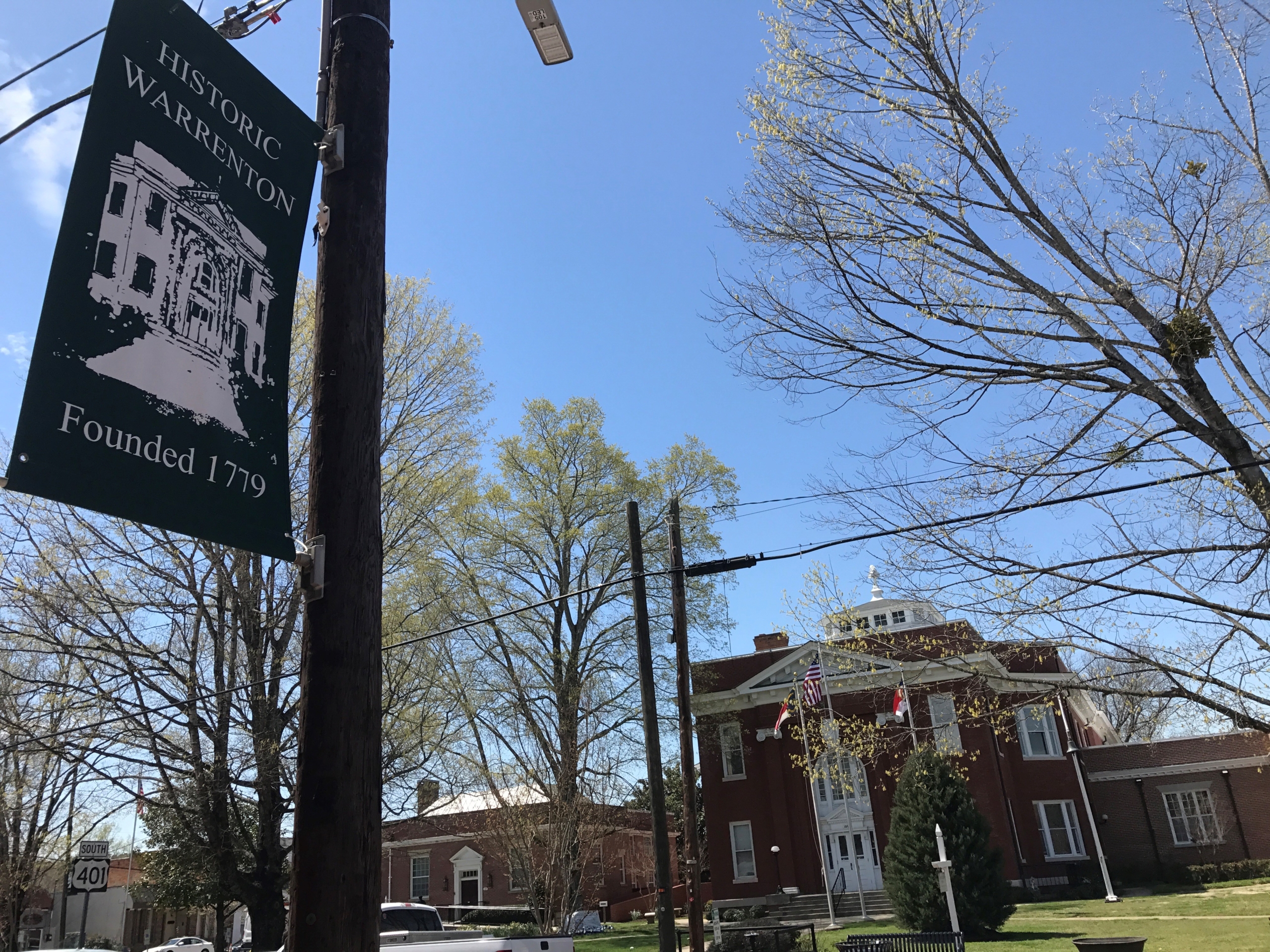Warren County chosen as Opportunity Zone
Date Published:The northwest corner of Warren County encompassing the Manson area and crossing over Interstate 85 and a portion of Kerr Lake has been included in the North Carolina Opportunity Zones program. The proposed zone, one of 252 in the state, was submitted last week to the U.S. Treasury Department with a request that they be certified.
Opportunity Zones are a new community development program established by Congress in the Tax Cuts and Jobs Act of 2017 to encourage long-term investments in low-income urban and rural communities nationwide. The Opportunity Zones program provides a tax incentive for investors to re-invest their unrealized capital gains into Opportunity Funds that are dedicated to investing into Opportunity Zones designated by the chief executives of every U.S. state and territory.
“Having an Opportunity Zone in Warren County will enhance our ability to attract investment capital and jobs for our citizens,” said Stacy Woodhouse, economic development director for Warren County. “I am grateful to the North Carolina Department of Commerce and Governor Cooper for considering the case I made on behalf of Warren County and granting us this wonderful opportunity.”
The selection of North Carolina’s recommended Opportunity Zones was a multi-phase approach led by N.C. Commerce. It included a thorough review of census data, public input from the Commerce website and direct local outreach, as well as collaboration with colleagues from across the state. More than 450 tracts were ultimately recommended, but only 252 tracts were chosen, as required by federal law and in line with these guiding principles:
- Maintain an open submission process: Solicit tract and program recommendations using N.C. Commerce’s public website and direct outreach
- Opportunity for all: Aim for at least one Opportunity Zone in every county
- Accommodate as many submissions as possible: Aim to allow each county 25 percent of their total low-income tracts
- Prioritize local recommendations and development goals
- Prioritize state industrial site development initiatives
The final 252 tracts feature:
- A total population over 1.1 million North Carolinians
- Nearly 45,000 families with children in poverty
- Over 50,000 business establishments
- Over $580 million already invested in these areas, from both public and private sources over the past five years.
